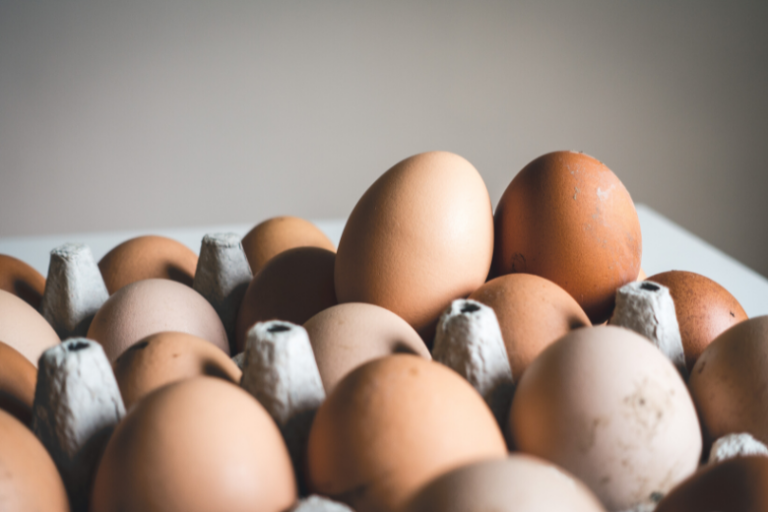Why eating (too) fast is so bad for you
We’ve all had a rushed lunch during a busy day at work, but how fast is too fast? And perhaps more importantly, how bad is it really for you to eat fast?
Eating fast
Eating fast means eating your meal at a fast pace, often without really chewing or enjoying what you’re eating. Your body needs about 20 to 30 minutes to signal to your brain that you are full. So if you eat too fast, you’ll get that signal too late, which means you’ve probably already eaten too much and are uncomfortably full.
Often a busy schedule plays a role in developing this habit. Stress and emotions such as sadness can also cause you to eat faster. In addition, a history of dieting or being constantly concerned with your weight can contribute to developing the habit of eating (too) fast.
Consequences
Try paying closer attention to the pace at which you eat. In fact, chewing properly is an important part of the digestive process. When you eat quickly, you swallow larger pieces of food without chewing them properly, which means your stomach has to work harder to break down the food again. This can stress your digestive system and cause problems such as bloating, gas, and even heartburn.
Research also shows that eating fast can contribute to unwanted weight gain. A study from Japan involving more than 50,000 people with type 2 diabetes showed that those who ate slowly had the least risk of obesity. So eating slowly seems not only better for your digestion, but also for your weight.
In addition, eating too fast can lead to swallowing more air, which in turn can contribute to that bloating and discomfort. Also, your stomach may produce excess acid in response to the larger amounts of food, which can result in heartburn.
Solutions
If you often eat too fast, you can change this by setting aside more time for your meals. For example, set a timer to eat for at least 20 minutes. Avoid distractions such as TV or phone and practice mindful eating. Mindful eating involves focusing fully on your meal, taking smaller portions, and using all your senses to appreciate the taste and texture of the food. This helps you eat slower, take better care of your body, and get more enjoyment from your meals.
Source: Margriet | Image: Pexels


